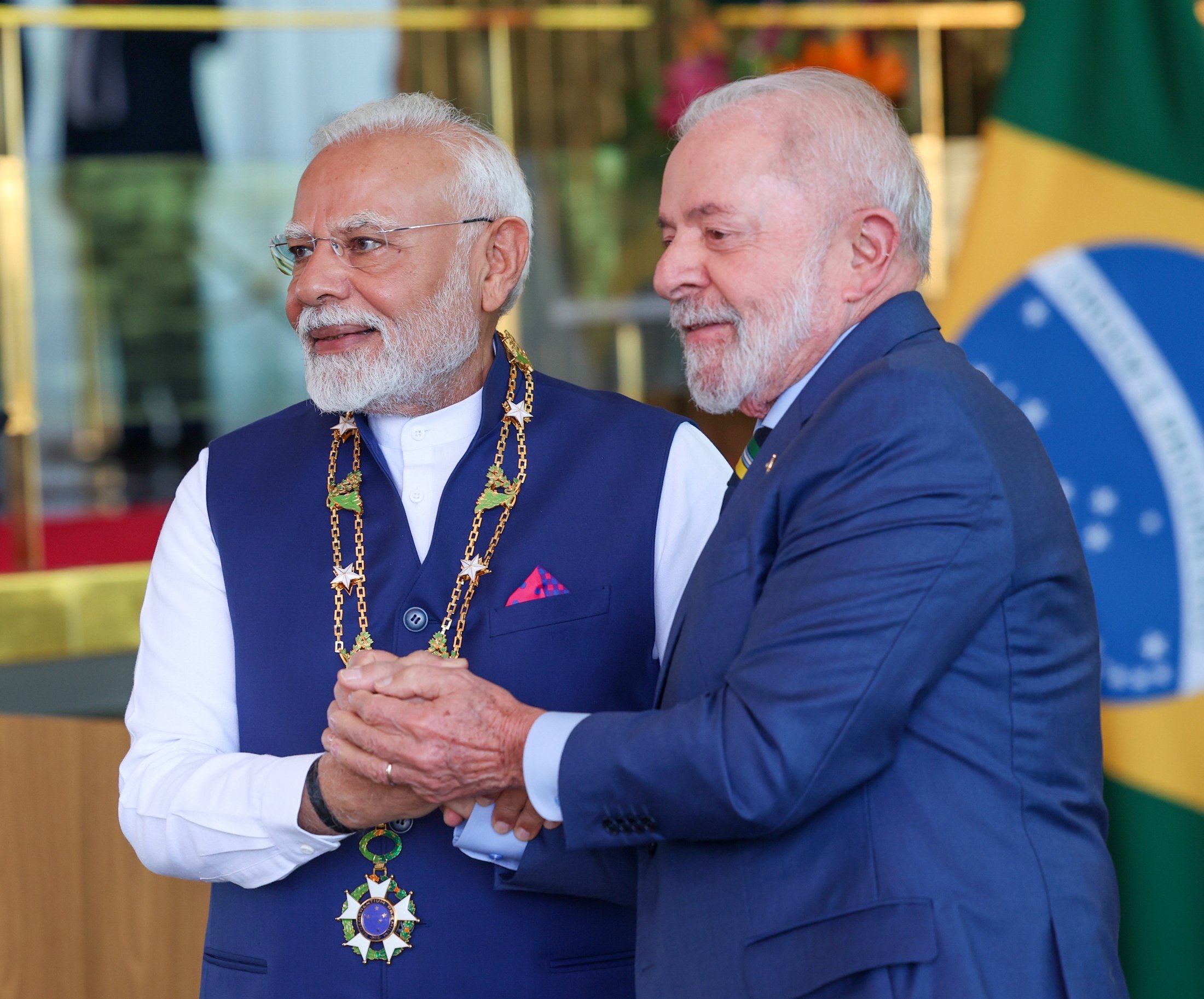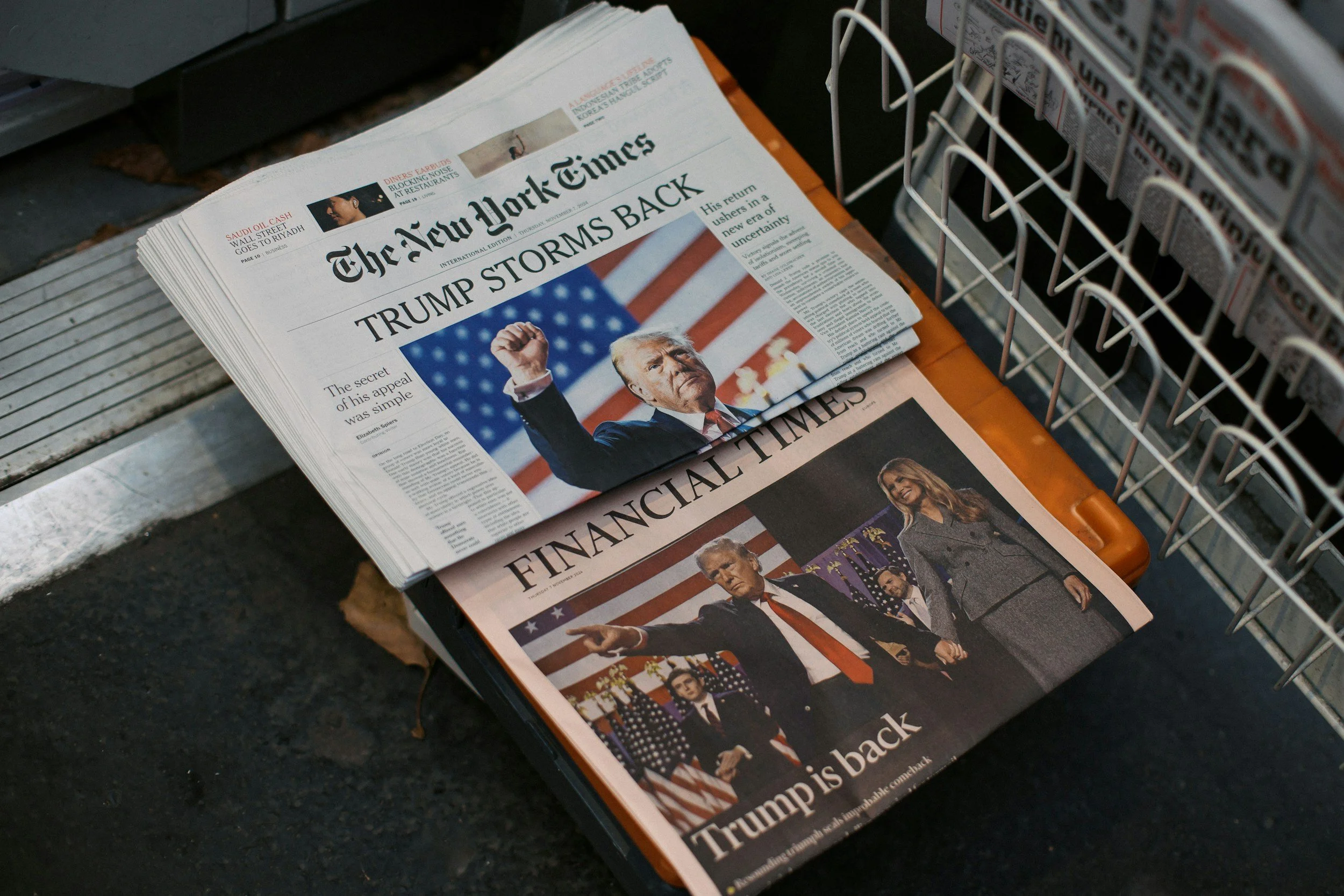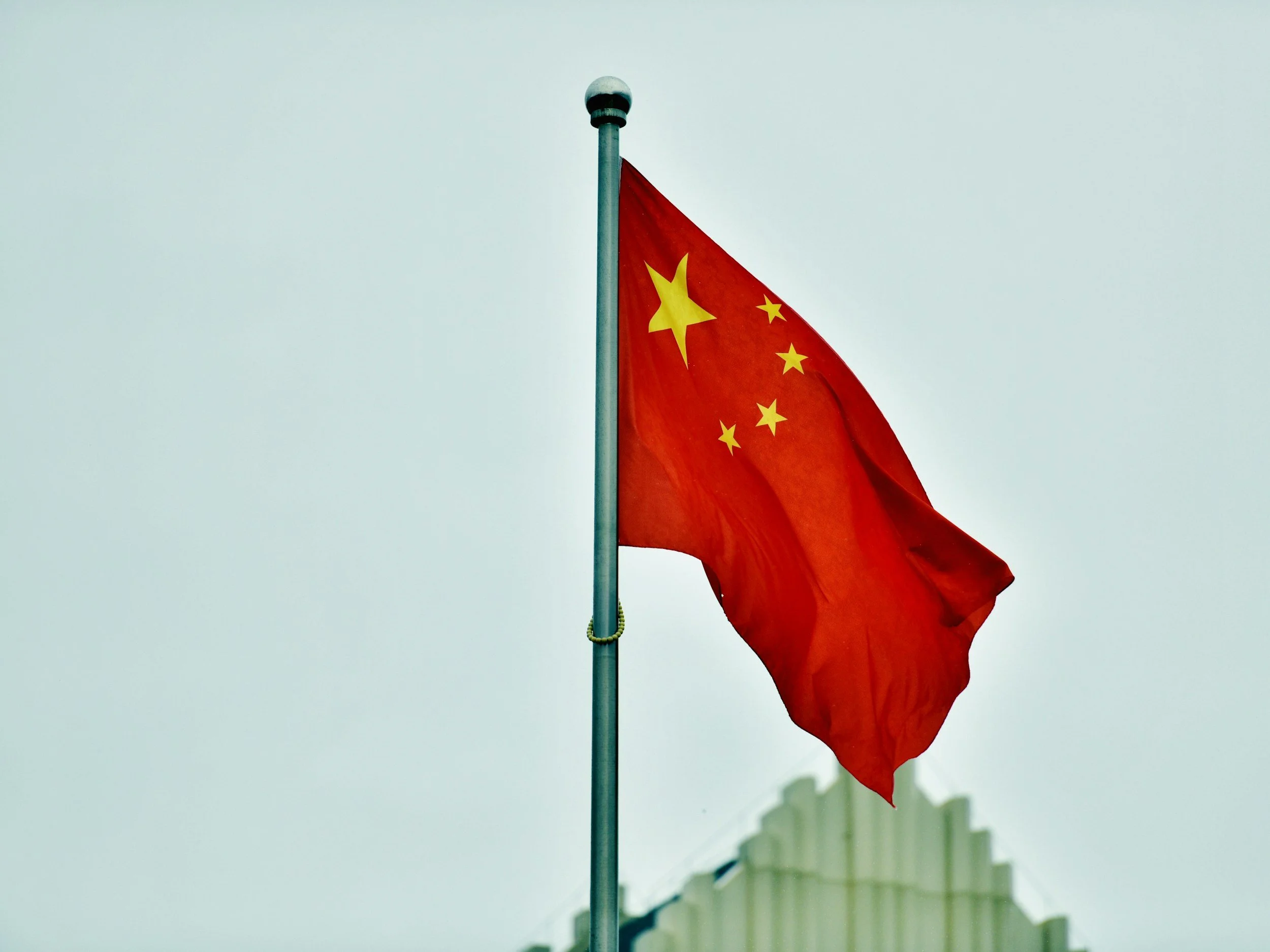By Dhruva Jaishankar with Pratnashree Basu, Kartik Bommakanti, Lindsey Ford, and Kabir Taneja
The re-election of Donald Trump in the United States (US) has introduced a wave of turbulence to the international system, reversing certain pre-existing trends while accelerating others. Meanwhile, the war in Ukraine continues to contribute to Europe’s rearmament. Israel’s strikes in Iran, Syria, Qatar, and Yemen reflect broader upheaval spreading across the Middle East and beyond. China’s competition with the US persists, extending across multiple domains and regions. Amid this backdrop, at least five major geopolitical megatrends are likely to unfold.
























